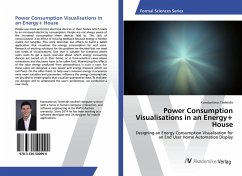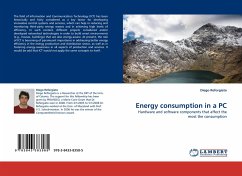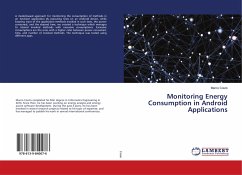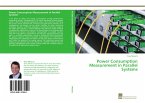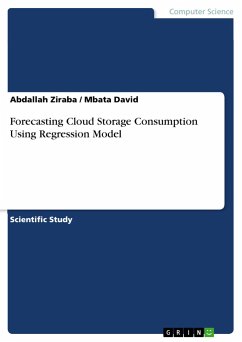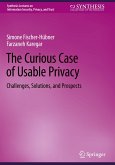People use more and more electrical devices in their homes which leads to an increased electricity consumption. People are not always aware of the increased consumption these devices lead to. This lack of consciousness is an effect of missing feedback because energy is neither visible nor tangible. This work describes our efforts to build a tablet application that visualises the energy consumption for end users. Research of existing solutions for the problem we decided that we need two kinds of visualizations. One that is suitable for scenarios where users want to get a quick overview about which energy consuming devices are turned on in their home, or in time-sensitive cases where estimations and decisions have to be taken fast. Maximizing the effects of the solar energy produced from photovoltaics is such a case. For these cases we designed a new power and energy measure which we call Point. On the other hand, to help users conserve energy in scenarios were more variables and parameters influence the energy consumption, we decided to create graphs that visualize quantitative data. To evaluate our designs and to understand the user's preferences, we conducted a user study.
Bitte wählen Sie Ihr Anliegen aus.
Rechnungen
Retourenschein anfordern
Bestellstatus
Storno

